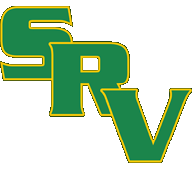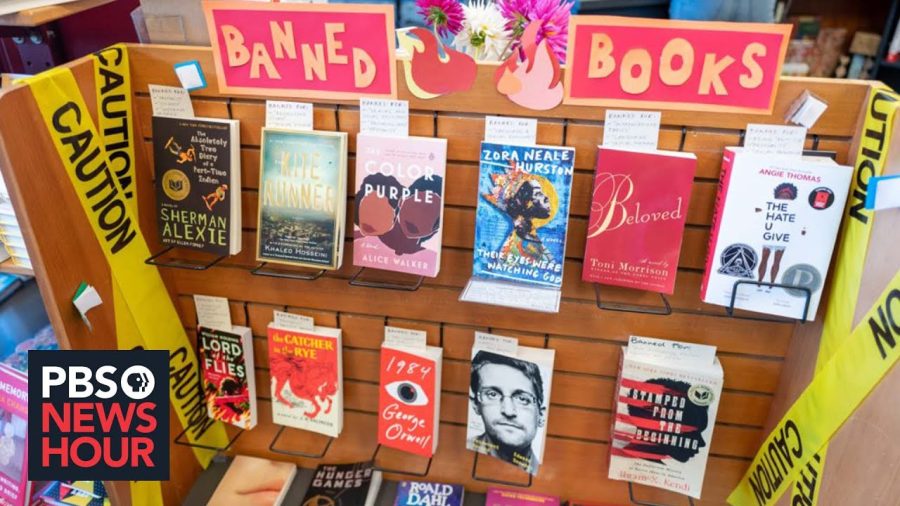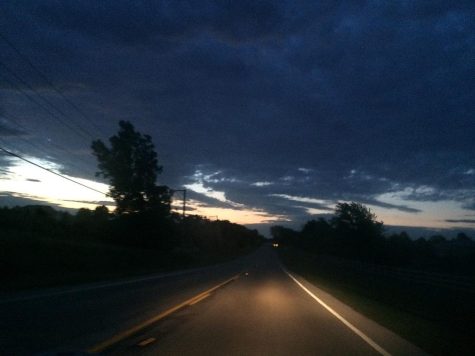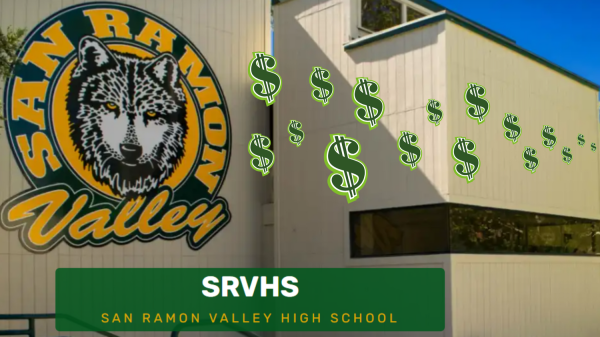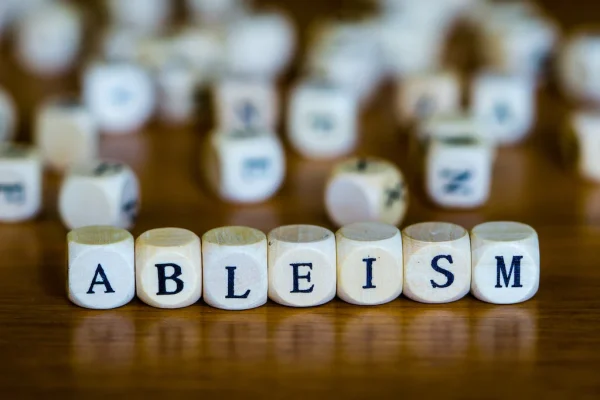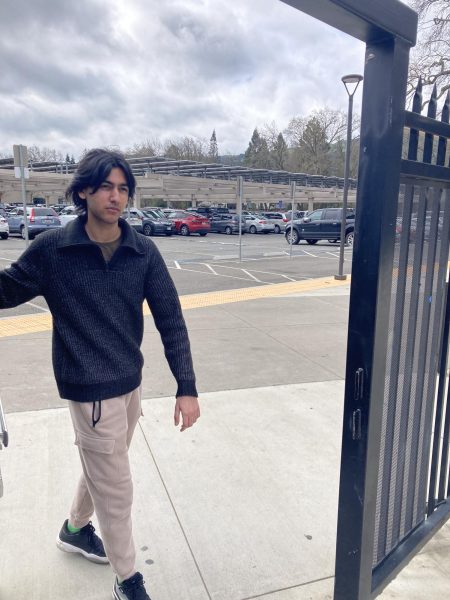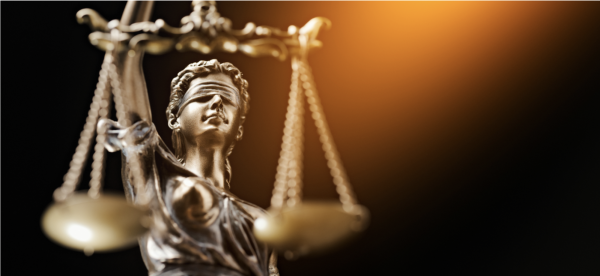Book Bans: Do They Actually Protect Us?
“Bay Area school district’s book ban discussion devolves into rancid mess,” read the headline of an article from SFGate published earlier this semester. The school district in question? Our very own SRVUSD.
When the topic of banning books came up at SRVUSD’s board of education meeting this February, multiple of Contra Costa County residents spoke out against books containing LGBTQ+ characters – such as the graphic novel Gender Queer by Maia Kobabe, which centers on the author’s experiences with being nonbinary – claiming that these books contain explicit material that is unsuitable for teenagers to read. One resident in particular equated offering these books to students with encouraging students to be empathetic towards animal cruelty, while others made even more vulgar claims to emphasize how inappropriate these books are.
The board members of our school district did not share the concern of the parents who spoke out at this meeting and took no action towards banning any queer literature. However, the claims of LGBTQ+ books being inappropriate for students to read echo those being made throughout the nation, and not all school boards are choosing to ignore them.
According to an article published by The Guardian, book bans in public schools have increased by 28% within the past six months, the continuation of an upward trend in books bans that has been occurring for the past few years. Books that are commonly targeted by these bans generally contain explorations of race and sexuality, such as The Hate U Give by Angie Thomas, a novel which follows themes of racism and police brutality; All Boys Aren’t Blue by George M. Johnson, a memoir detailing the author’s experience growing up as a queer black boy; and the aforementioned Gender Queer by Maia Kobabe. These book bans fall very strongly along political lines, with almost all bans occurring in Republican-led states such as Texas and Florida.
Those pushing the censorship of educational materials generally make the same argument: they’re only trying to protect school-aged children from inappropriate content. Their reasoning seems innocuous enough at face value. After all, who wouldn’t want to protect their children? Yet the fact that the materials being censored tend to focus on members of marginalized communities tells a different, uglier story.
As mainstream media has become more accepting of those in the LGBTQ+ community and people of color in recent years, members of these communities have been able to share their stories more easily. As a whole, this has created a chain reaction of greater acceptance, with the popularization of media which centers around LGBTQ+ people and people of color, such as the show Queer Eye and the movie Black Panther. However, history shows us that time and time again, any shift towards progress is always met with resistance, and this wave of book bans is no different.
Books are one of the most effective ways to teach children and teenagers empathy. They allow their reader to experience the life of someone completely different from them in a way that not many other forms of media can achieve. Additionally, for readers whose life experiences align with those of the book’s protagonist, books can provide a much-needed sense of affirmation that there are others who are going through the struggles which they are. In taking away this form of media for LGBTQ+ students and students of color specifically, those pushing to ban books are taking away a very real sense of security and comfort for these students and enforcing the sense of isolation that they may already feel in their day to day life.
So how does this affect SRV students specifically? Ms. Orozco, SRVHS’s librarian, received her first two emails from parents suggesting that a book be removed from SRVHS’s library this year. Both of these requests stated that the books in question contained vulgar topics that were unsuitable for teenagers to be reading. Neither of these requests amounted to an official complaint being filed to the school district; however, it is notable that our school received any emails regarding this topic at all when we hadn’t received anything of the sort before. Judging by the anti-educational trend that we’ve seen throughout the nation, those two emails may not be the last we hear about this topic.
But that doesn’t mean there’s nothing to be done. Ms. Orozco said that we can make our voice heard by “speaking at board meetings and making the value of books to [us] as students known”, adding that “the board loves to hear from students.” SRVUSD’s board of education meets at 699 Old Orchard Drive in Danville at least once a month on Tuesdays at 6:00 PM. Currently, the next scheduled board meetings are on June 6 and June 13. If we want to ensure that students of all races, genders, and sexual orientations are able to feel valued and accepted during their high school education, we must remain vigilant against those who want the opposite – and that starts with protecting the books in our school library.
Works Cited
Friedman, Jonathan, and Nadine Farid Johnson. “Banned in the USA: The Growing Movement to Ban Books.” PEN America, 19 Sept. 2022, pen.org/report/banned-usa-growing-movement-to-censor-books-in-schools/.
Martin, Jennifer. “The 50 Most Banned Books in America.” CBS News, 17 Nov. 2022, www.cbsnews.com/pictures/the-50-most-banned-books-in-america/37/.
Pengelly, Martin. “Book Bans in US Public Schools Increase by 28% in Six Months, Pen Report Finds.” The Guardian, 20 Apr. 2023, www.theguardian.com/books/2023/apr/20/book-bans-us-public-schools-increase-pen-america#:~:text=1%20month%20old-,Book%20bans%20in%20US%20public%20schools%20increase%20by%2028,six%20months%2C%20Pen%20report%20finds&text=Book%20bans%20in%20US%20public%20schools%20increased%20by%2028%25%20in,constrict%20children’s%20freedom%20to%20read%E2%80%9D.
Ting, Eric. “Bay Area School District’s Book Ban Debate Turns Into Rancid Mess.” SFGATE, 23 Feb. 2023, www.sfgate.com/politics/article/bay-area-school-district-book-ban-debate-17798709.php.

